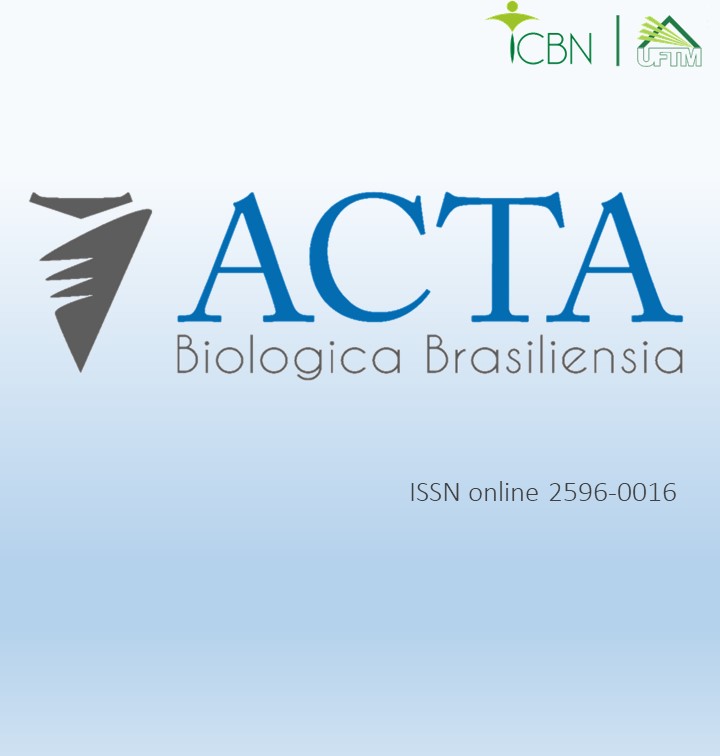SÍNDROME DA FRAGILIDADE EM PESSOAS IDOSAS ACOMETIDAS POR ACIDENTE VASCULAR CEREBRAL: REVISÃO NARRATIVA
DOI:
https://doi.org/10.18554/acbiobras.v5i1.7207Palavras-chave:
Síndrome da fragilidade, idosos, acidente vascular cerebralResumo
Anualmente os índices da pirâmide etária tem se tornado inversa, sendo a população idosa a de maior prevalência. Esses são os indivíduos com maiores riscos de doenças crônicas e comorbidades como o Acidente Vascular Cerebral (AVC). Quando acometidos pelo AVC a qualidade de vida é cada vez mais reduzida, associada às sequelas da doença. Estas podem ser de ordem emocional, fisiológica ou social. Dessa forma, o termo Síndrome da Fragilidade (SF), foi posto em pauta, para identificar e ressaltar fatores que acometem essa população. O objetivo do estudo foi identificar na literatura científica os estudos acerca da síndrome da fragilidade, em pacientes acometidos por AVC. Esta pesquisa se caracteriza como uma revisão narrativa de artigos publicados nos últimos 10 anos (2017 a 2022) e indexados na base de dados. No total, foram incluídos 5 artigos para o estudo, entre eles dois estudos transversais, dois observacionais e um de coorte. Os estudos foram baseados entre o acometimento do AVC e sinais que externam fatores de fragilidade, identificando como esse tema é exposto na literatura. Os dados poderiam elencar ações que o enfermeiro como profissional do cuidar pode exercer para melhorar a qualidade de vida do paciente. Pode-se concluir que entre a SF e o AVC tem uma direta relação, isso se dá pelas perdas muitas das vezes irreversíveis provocadas a esse indivíduo, tornando momentos da vida antes independentes não mais. A necessidade de constante apoio nas ações do cotidiano sujeita essa pessoa a sensação de incapacitação, acometendo o emocional e o psíquico já com o fisiológico débil.






